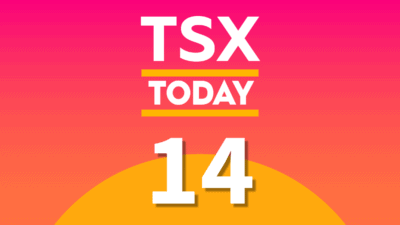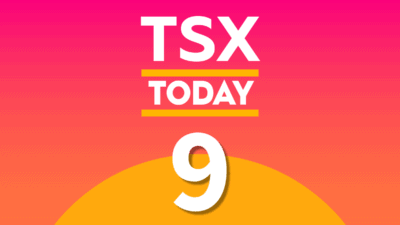The Canada Revenue Agency has delayed the tax filing and submission dates, to give the Canadians a bit of breathing room in these harsh economic times. It means that you have even more time to go over any tax deductions you might be eligible for. A heavy tax bill is a hefty weight on your heart and your wallet. But if you know all the deductions and credits you are qualified for, you might have the chance of lightening the burden a bit.
Some deductions work for everyone, like RRSP contributions, while some deductions only apply to certain people. The include moving expenses deductions for new homeowners, and childcare expense deductions for working parents. There are two other tax deductions that many of you might qualify for.
Interest on student loan
According to an estimate by Hoyes, about one in every five debtors they dealt with had student debt. It’s an indication that a lot of people carry student debt. Any interest paid on qualified student loan debts is a tax deduction that you can write off. And you don’t have to claim that tax credit right away. You can carry it forward for up to five years. So it’s better to keep it for a year when you might be expecting a hefty tax bill.
Only the loans that come under the Canada Student Loans Act, the Canada Student Financial Assistance Act, and similar provincial (or other territorial) loan programs qualify for this deduction.
Licensing exams and union dues
Market crashes force a lot of people to reevaluate their professional and educational status and situation. An extra certification or certain licenses may help you advance in your field, take on side jobs, or start your own small service/business. The costs of these certifications and licensing fees may qualify as expenses that you can write off in your taxes. But not if your employer pays for them.
Similarly, if you are paying any union dues or professional dues to an organization, other than the union dues that are directly deducted from your paycheck, you can claim them in your tax returns. Many professional insurance premiums also qualify for tax deductions.
Utilizing the tax deductions
The bigger the amount you save from your tax deductions, the better. If you’re looking for growth, one way to best utilize that amount is to invest it in a company like EMX Royalty. It has a market cap of just $194 million. The company focuses on generating consistent cash flow for its investors through strategic investments and royalty acquisition in mineral exploration and mining industry.
The company is trading at $2.2 per share, which is 17% down from its yearly high. It’s an amazing growth stock with five-year returns of 144%.
Foolish takeaway
Understanding and claiming all tax deductions are part of better management of your finances. So is an investment plan. The more you can save, the more you have to invest and grow your wealth. With the tax deadlines changed, you now have more time to explore your options and expand your investment portfolios.









